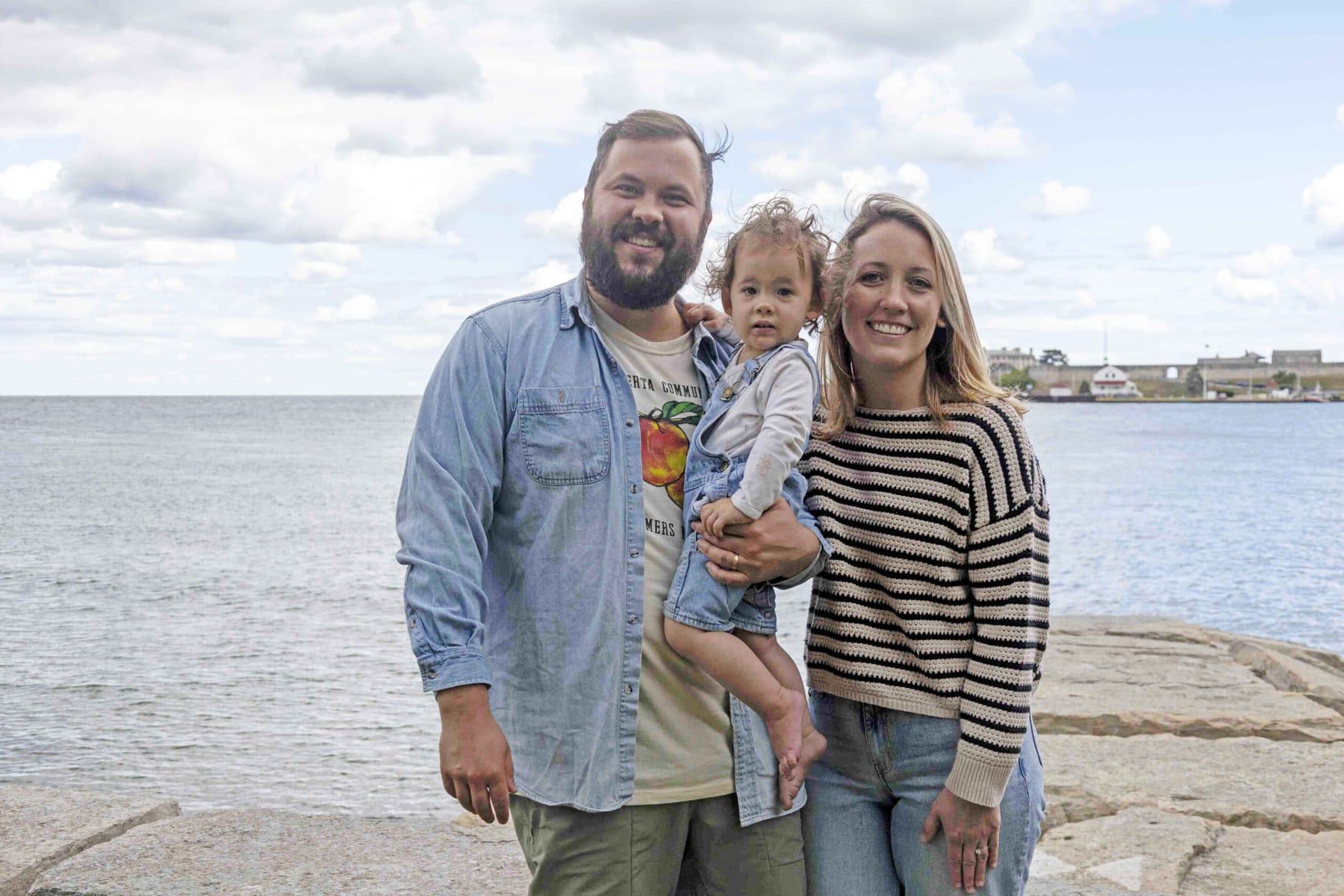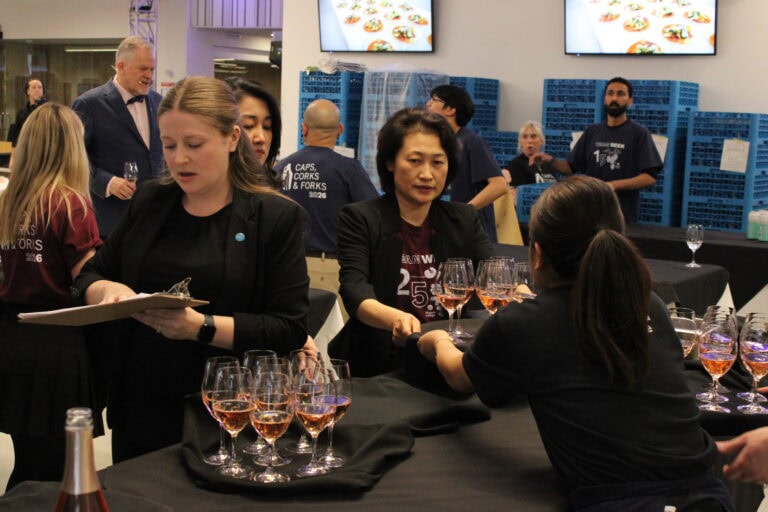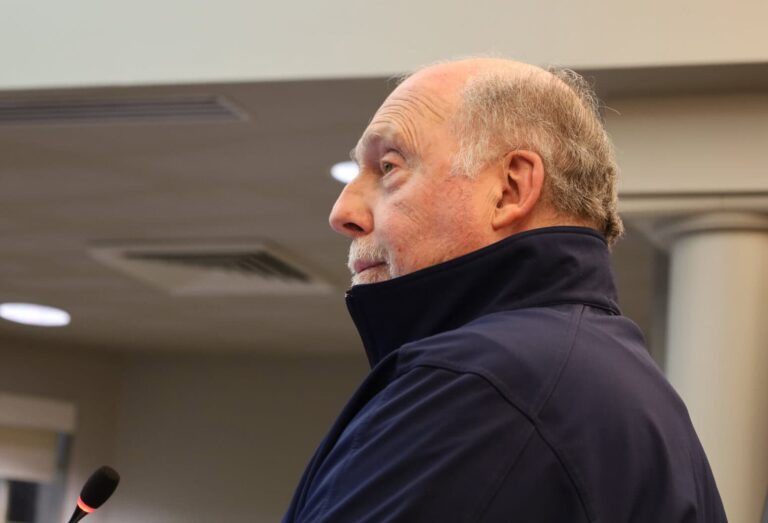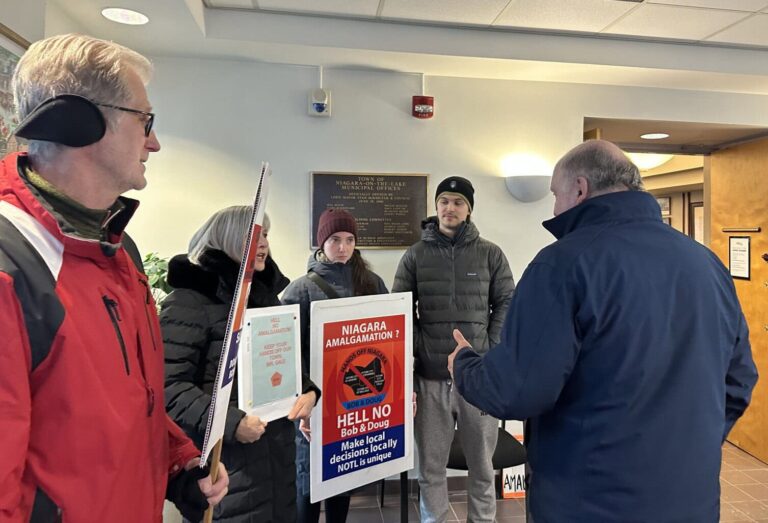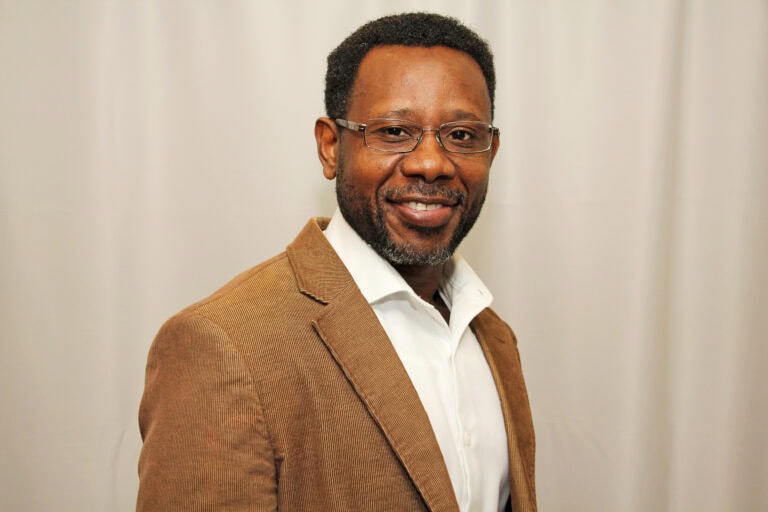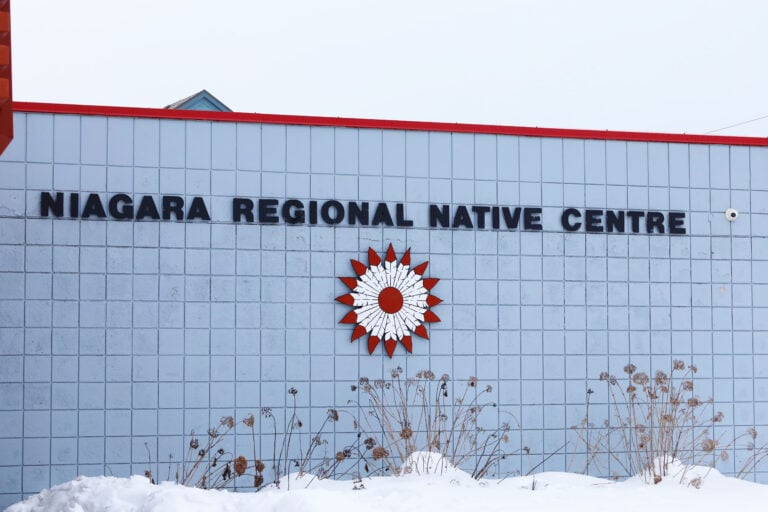After more than seven years searching for life beyond Earth at NASA’s Goddard Space Flight Center in Greenbelt, Md., Danielle Simkus has returned to Niagara-on-the-Lake — a move she says was driven by politics, deep funding cuts and growing uncertainty under Donald Trump’s presidency.
Simkus, 36, left NASA on July 15 after what she calls a “grim” shift under Trump’s administration, which saw diversity programs dismantled, budgets slashed and researchers fearing for their future.
“Leaving NASA in July was such a huge relief, but it was really sad,” she said in an interview with The Lake Report. “I never really pictured leaving NASA.”
A Canadian citizen, Simkus moved to Washington, D.C., in 2018 on a green card and spent seven and a half years at NASA, first as a postdoctoral researcher and later as a research scientist in the Astrobiology Analytical Lab. As a Canadian, she was a contractor working at NASA rather than directly for the agency.
“It was early in my schooling that I decided that I really wanted to work at NASA and specifically in this lab,” she said. “Working at NASA was my dream job.”
But she said things began to unravel after Trump’s re-election in the fall of 2024.
“Things really started to go south,” she said. “In January, I was just like, ‘I’m only going to look for this type of role in Canada.’ My husband and I just decided we didn’t want to be down there anymore.”
The first shock came on inauguration day, when Simkus said diversity, equity and inclusion programs were “torn down.”
“Any kind of mention of DEI — diversity, equity and inclusion — had to be removed,” she said.
Weeks later, talk of 50 per cent funding cuts at Goddard further crushed morale.
“Everyone’s either leaving or just completely unsure about whether they will have a job going forward,” she said.
For Simkus, the combination of looming cuts and the erosion of diversity programs made one thing clear: the NASA she had dreamed of working for was changing — fast.
“It affects the way that people see NASA and it affects so many things in the way that research is conducted and how researchers are supported,” she said.
Simkus said her own job wasn’t immediately at risk but her lab group of 12 knew there would not be enough money to keep everyone employed.
“I don’t think my job would have been guaranteed beyond maybe a few more months,” she said. “Some of the senior people in my lab group stepped down — and that was a huge loss.”
“All the early career people are just feeling very worried for their futures,” she added.
She described an atmosphere of fear where researchers began removing diversity and inclusion language from their work pre-emptively, worried about potential consequences.
By February, the Trump administration’s escalating tariff policies added tension. With steep levies imposed on Canadian imports, U.S. colleagues sometimes joked about Canada as “the 51st state.”
“Month after month, it just became more and more clear that we needed to leave,” Simkus said. “We just need to go back to Canada.”
She and her husband also began thinking about their daughter’s future.
“At that time, our daughter wasn’t even a year old yet, but just thinking about her future — we were like, ‘We really need to get her to Canada.’”
Despite the political climate, she said she loved her NASA colleagues and described the community as “amazing,” even if it was being tested.
“I would say it’s always been a really inclusive environment,” she said. “This is happening at such a high level.”
Simkus also began questioning her own path, deciding she no longer wanted to work solely as a lab scientist.
“I was realizing that maybe I didn’t want to be a lab scientist,” she said. “I actually wanted to find a research support role.”
Returning to Niagara-on-the-Lake was made easier by family ties. Her parents, Ron and Irene Simkus, have owned the family home for 15 years, which she calls her “home away from home.”
“Having family here has made it very easy,” she said. “It just feels a lot better being here.”
Within weeks of moving, Simkus secured a job at Queen’s University as a research projects advisor, helping faculty develop research proposals and secure funding.
“We’ll be moving there in the next few weeks,” she said. “Canada is the focus.”



